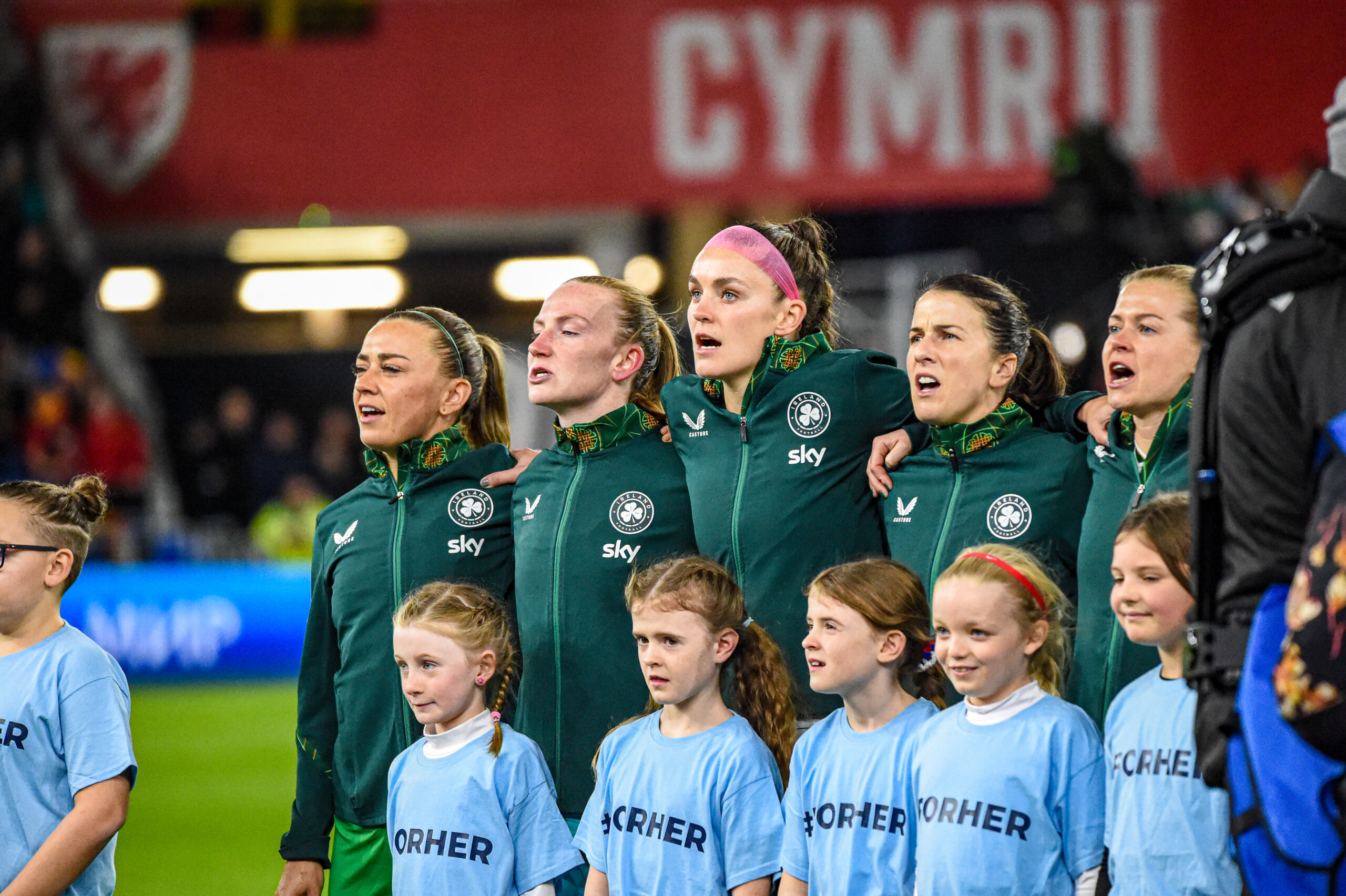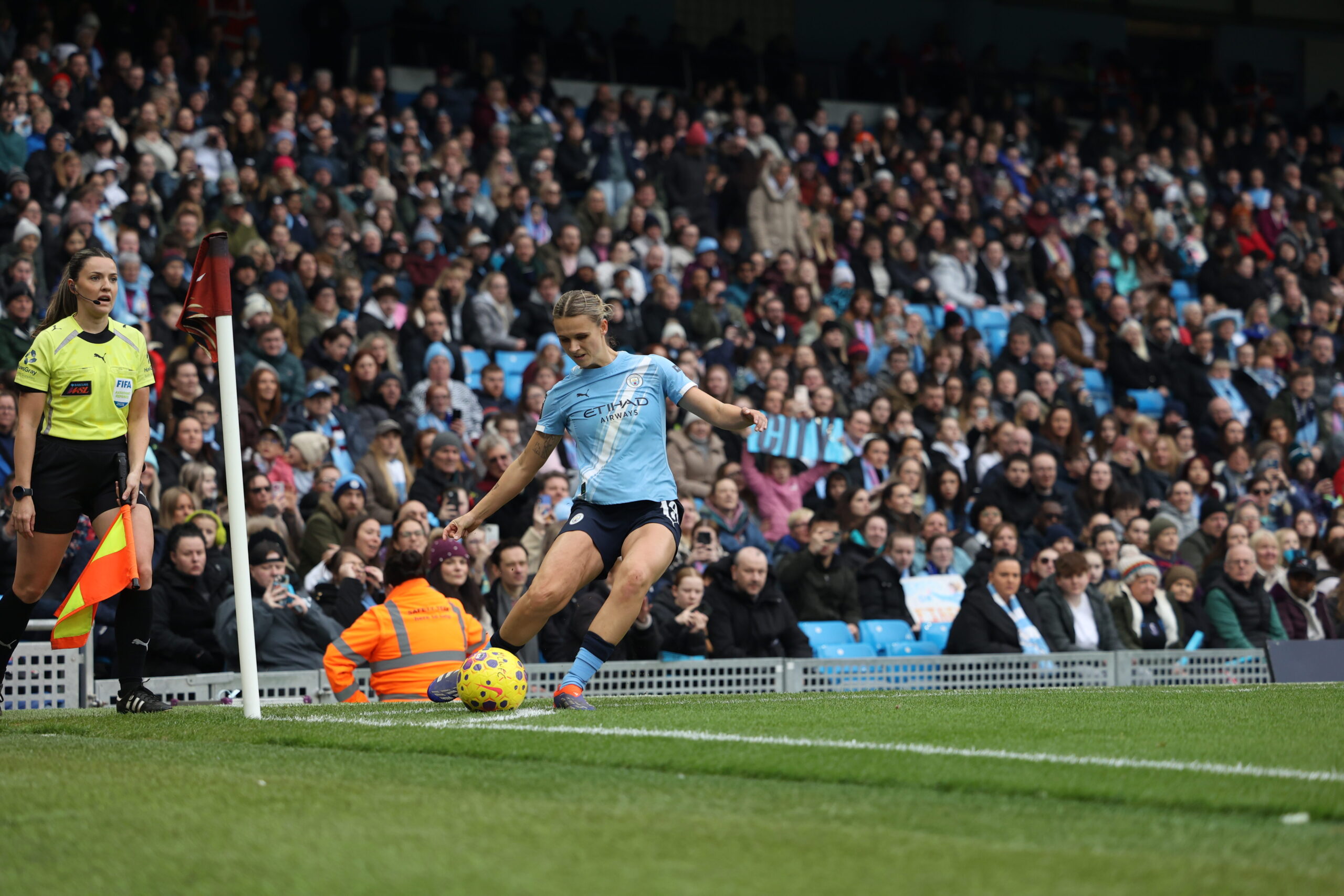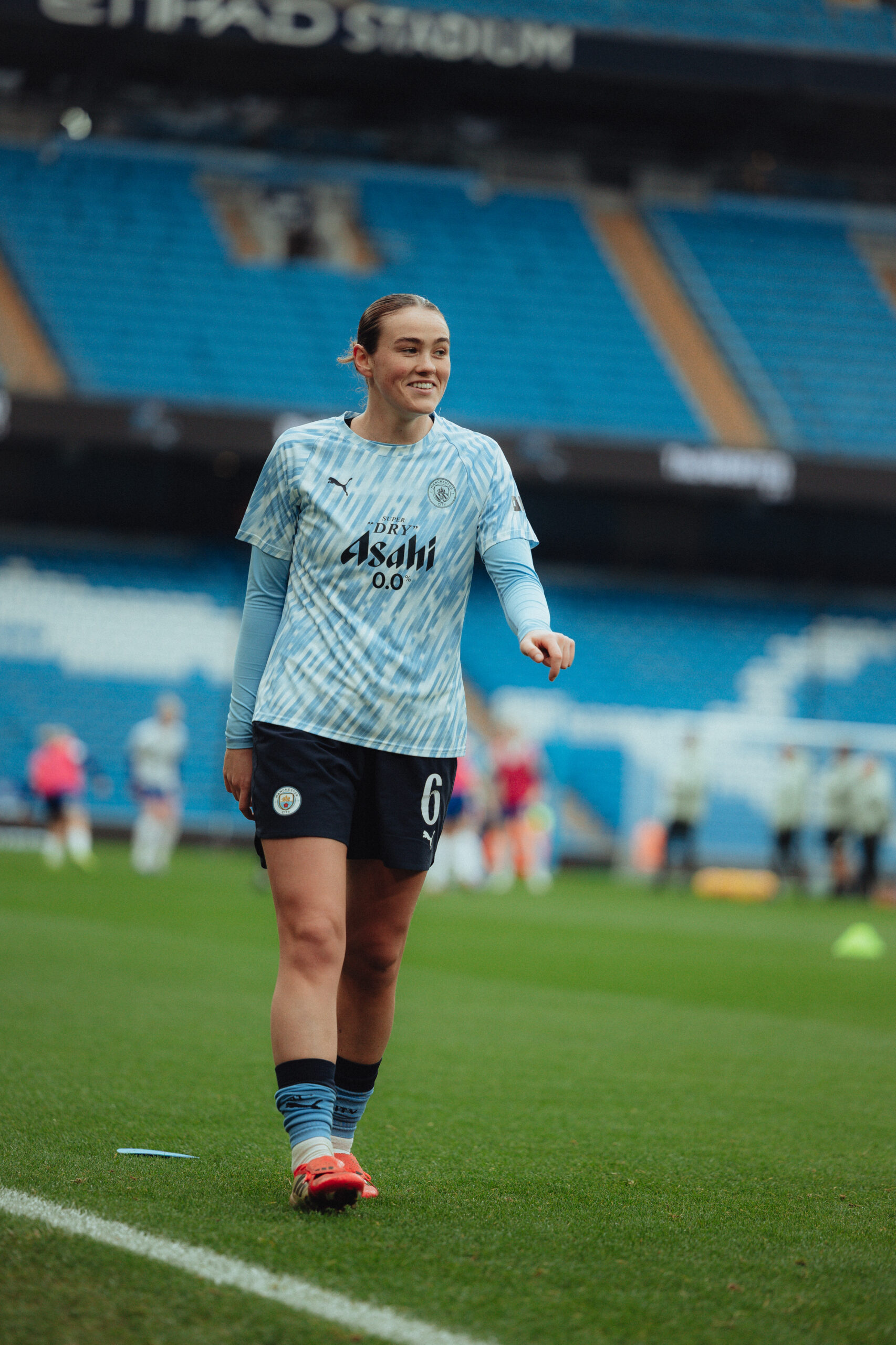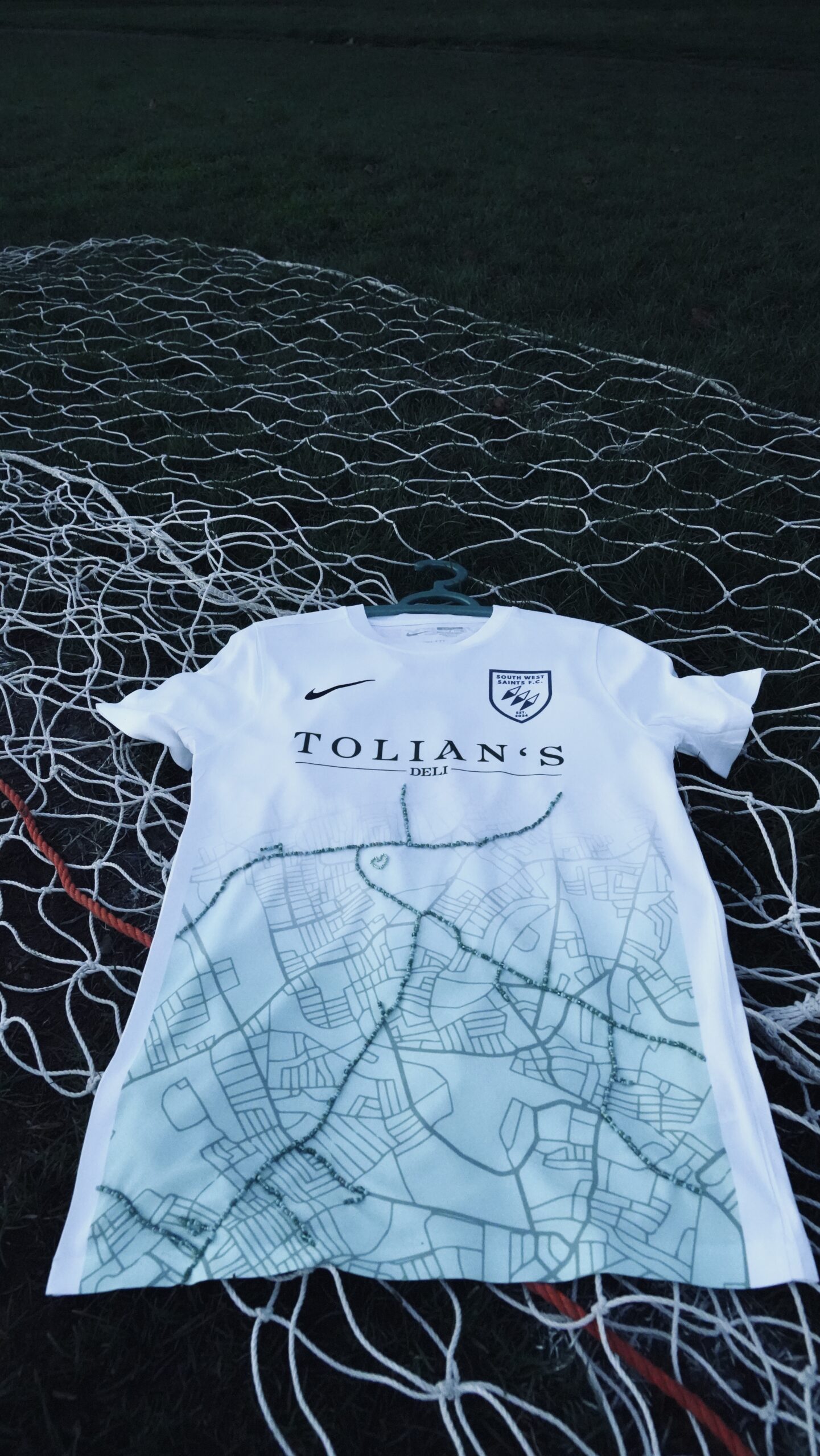The Football Association of Ireland (FAI) has recently found itself in hot water, faced with allegations of discrimination and poor and unfair treatment of the women’s national team in comparison to the men’s.
Former Republic of Ireland Women’s head coach Eileen Gleeson has claimed the FAI discriminated against her and her team due to their gender, both in terms of pay and general treatment.
Gleeson’s allegations present a shocking scene of the state of women’s professional football in Ireland, as the national women’s team seem to have been consistently and significantly under-resourced and disregarded.
Gleeson previously worked as the FAI’s head of women’s and girls’ football before officially becoming the Irish national women’s team manager in December 2023. She was subsequently sacked after Ireland failed to qualify for the 2025 Women’s Euros.
Gleeson has claimed that after initially turning down the offer to be the interim manager of the women’s side, she was later informed that a press release confirming her appointment had already been prepared. Describing this, Gleeson stated she felt:
“Exploited, fearful, and stressful.”
The Irish Independent highlighted that when John O’Shea superseded Stephen Kenny in November 2024, becoming the interim manager of the Republic of Ireland men’s team, he negotiated his own terms.
Gleeson has also accused the FAI of breaching the Employment Equality Acts 1998 to 2015, paying her six times less than her male counterparts.
The collective allegations highlight a darker side to the FAI – a side of cover-ups and deception. After the Girls in Green documentary brought to light the countless accusations of inappropriate behaviour from Irish male football coaches towards women, you would think the FAI would be on a fast-track course to reshape their image.
Instead, Gleeson has accused the FAI CEO David Courrell of having “instructed” Gleeson and Irish national team players to emphasise to the press how much has changed within women’s football in Ireland. Quite ironically, as Gleeson prepared for her first press conference since the Girls in Green scandal, the FAI scheduled a press conference for the men’s team at the same time.
Gleeson has also claimed she often had to take on additional roles alongside managing the team, such as that of a performance analyst. While the men’s national team were provided with regular analysts to thoroughly prepare players, the women often went without, sometimes in favour of the men.
For example, while the women’s team were preparing for a competitive game, their performance analyst was reassigned to the men’s team for a friendly, leaving the women’s side in subsequent disarray and simply not treated as the world-class athletes they are.
The disparity in treatment also materialises in smaller medical and security teams. While the men’s team have enjoyed a platinum lounge airport experience and executive flights, the women’s team have had to travel on small propeller planes and queue alongside the public, which resulted in increased safety concerns.
In September 2023, Gleeson herself had to intervene in a physical altercation when a member of the public tried to assault a player in Dublin Airport.
Another incident involved a man stalking the women’s team players in the team hotel and entering the team’s medical room in a bathrobe before police were called. Since these incidents, the FAI have appointed one security guard to the women’s national team, which previously had no security protection. The men’s national team travels with three security guards at a time.
In response to Gleeson, the FAI has stated that it:
“treats all matters of alleged discrimination within Irish football with the utmost seriousness.”
For an association that should have been committed to defining a new era for women’s football and female footballers in Ireland, its actions speak loudly and clearly. While the men’s national side is put first, enjoying plentiful investment and resources, comfortable flights and private hotels, the women’s team is subjected to sub-standard treatment.
Making matters worse is Gleeson’s unveiling of the FAI’s attempts to hide its evident neglect of the women’s side, masking disregard with minimal improvements and alleged instructions to paint a different picture.
Women’s football cannot progress until respective associations start affording their women’s teams the same treatment they do the men’s teams. A top-level national team that qualifies for international tournaments deserves better. A national team deserves better. Women’s teams deserve better.
A continuous effort must be made to eliminate the discrimination and barriers women still have to face in football, and to call out unequal standards across the board.
We cannot keep talking about the change; we have to see it.



